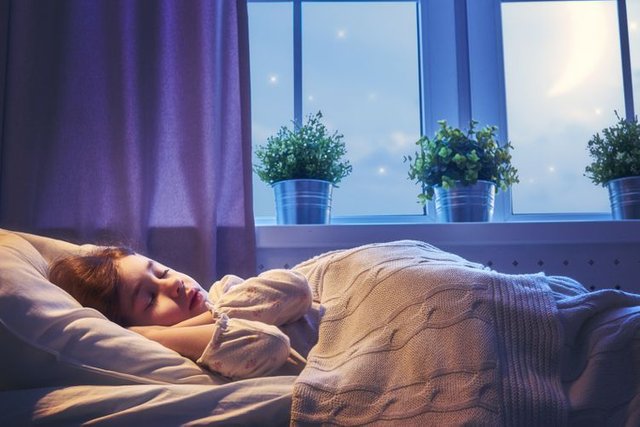Expert Explain Sleeping Night 8 Hours Not Sure Healthy.
Many people recommend to sleep at least 8 hours for the body to stay fit and long life, but in fact not the case. According to experts, we need to sleep for 8.5 hours. In an interview with Quartz, Dr. Daniel Gartenberg of Penn State University, revealed, there are misconceptions that occur in the community about sleep problems, including nap problems. According to Gartenberg's notes, to get a healthy night's sleep of 8 hours we have to extend the time in our bed, which is to be 8.5 hours instead of 8 hours. "A professor named Orfeu Buxton, who became a colleague of mine at Penn University, said that 8.5 hours of sleep was eight hours a new"

To get that healthy 8-hour sleep, which is the number of sleeps most people do, you need to be in bed for 8.5 hours, "he added." In a general review, it was explained that healthy sleep actually consumed more than 90 percent time in bed, that is, if you are in bed for eight hours, you actually only really slept healthy for 7.2 hours, "he said again.This is caused by many things, such as before sleeping most of us play mobile phones or other devices.As is known, the rays of the smartphone screen interrupt our sleep quality.
Meanwhile, based on data from the National Health Service (NHS) in the UK, poor sleep habits will make you susceptible to heart problems, diabetes and make our age shorter
Experts also observed that most people take 8 hours to sleep healthy and there are also some who only have sleep time of less than 8 hours or maybe more than 8 hours. "There are common symptoms that can be observed, that is, if you feel tired after you wake up and try to find time to take a nap, then this means you are sleep deprived," the researchers said. Meanwhile, research published last month explains that sleeping long over the weekend can help you avoid the risk of sleep deprivation. Meanwhile, a study also revealed, sleeping less than 5 hours a day for a week in a row will be life-threatening. The mortality rate was 52 percent higher than those who had a sleep time of night for 6 or 7 hours.